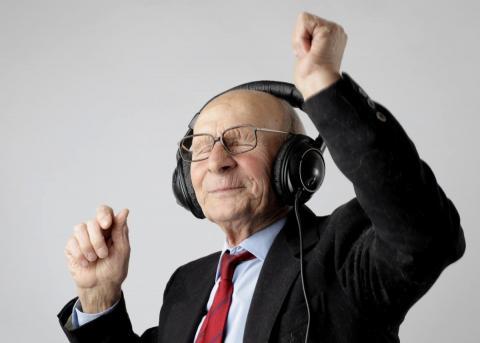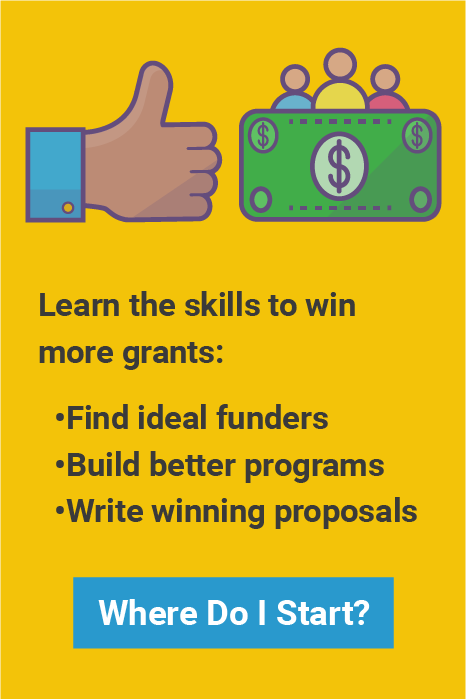
It’s a deceptively simple idea, really. The people who actually have an experience are the ones who can best talk about it and reveal its impact. In the worlds of grant-seeking and grant-making, it’s becoming more common for funders to emphasize the “lived experience” of applicants or grantees.
But what does that mean, in practical and literal terms? Must all staff of a poverty-fighting nonprofit be poor themselves? If a nonprofit is established to battle racial injustice, does it mean that everyone involved has been the victim of police brutality or housing discrimination or voter suppression?
No, but many grantmakers want the funding to go to organizations that have substantial participation by people who have “been there” or are there now. It’s important that real people who have been struggling with sub-minimum wages get a voice in programs and policies intended to change things. It’s critical to involve those who have been victimized to be instrumental in the ways and means of redressing wrongs and preventing more harm.
Imagine a nonprofit staff designing a program to provide solar installation job skills training for returning citizens. These would be useful questions to ask around the planning table: who among us has ever been incarcerated; has anyone here every been enrolled in a job skills training program; has anyone ever been denied a job because they weren’t qualified; has anyone ever worked for an hourly wage; show of hands—who’s facing food insecurity or landlord pressure?
It’s a useful set of challenges particularly as The Spectator’s Sam Leith wrote, “ it’s enraging to be told what your life is like by people who aren’t living it.” That’s not to deny the value of perspective and an objective analysis of what needs to be done. But it argues for real effort to put the views and voices of actual “clients” or “constituents” in the middle of the conversation.
We can all Google articles about what people need. Play the game: pick a specific population, ask about the needs of returning citizens, e.g., and you’ll get a dizzying array of possibilities. They all sound good and appropriate and could form the basis of fundable programs. But unless they are derived from the 24/7 of real men and women who have been in prison and are coming out, they might not be on solid ground.
Thomas Boyd is Chief Editorial Consultant for The Grantsmanship Center
and an independent consultant to nonprofit organizations.



